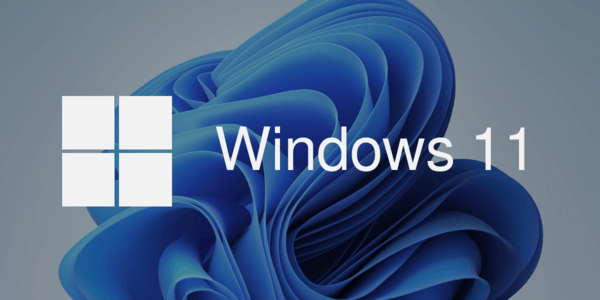Microsoft plans to launch Windows 11 on October 5, 2021. The new operating system might feel like a cosmetic-only update with minor feature improvements and controversial changes. Still, there are tons of enhancements and refinements "under-the-hood." Microsoft posted a video where Steve Dispensa, VP of Enterprise Management at Microsoft, details how Windows 11 improves performance on existing hardware compared to Windows 10.

According to Dispensa, Windows 11 has a refined CPU and memory resources management that allows a computer to prioritize foreground tasks even under heavy load. Dispensa showed how a PC with a 90% CPU load could open Office apps as snappy as under light loads.
Advertisеment
Windows 11 also improves how your computer wakes up from the sleep mode (S3 power state, when a PC keeps memory powered on with other components power down). Once you power a PC back on, Windows 11 uses improved hardware calls and reduced power starvation at the software layer to optimize resume from sleep by 25%. In practice, that means your computer will restore work almost instantaneously, and it will be able to stay in sleep for longer without hibernating.
![]()
Code optimization in Windows 11 positively affects other aspects of your daily routine. Microsoft claims the new OS makes Windows Hello faster, up to 30% compared to Windows 10. Also, it reduces disk footprint with more help from compression technologies and replacing non-essential default apps with stubs. The latter means Windows 11 downloads an inbox app only on the first launch. In addition to saving you space on a drive, stubs reduce background and network activity. Unfortunately, that also means you cannot use inbox apps after setting up Windows 11 without an active Internet connection.
By and large, the exact performance uplifts will depend on your hardware/software combination. Still, all users with PCs that meet minimum hardware requirements to run Windows 11 should spot performance improvements after upgrading to the latest operating system. As a reminder, to upgrade from Windows 10 to Windows 11, you need a computer with Intel 8th gen or AMD Ryzen 2nd gen CPU, SecureBoot, UEFI, and TPM 2.0 support. Those wanting to run Windows 11 on unsupported hardware can clean-install the new operating system, but Microsoft says such users might not receive updates or support.
Support us
Winaero greatly relies on your support. You can help the site keep bringing you interesting and useful content and software by using these options:
